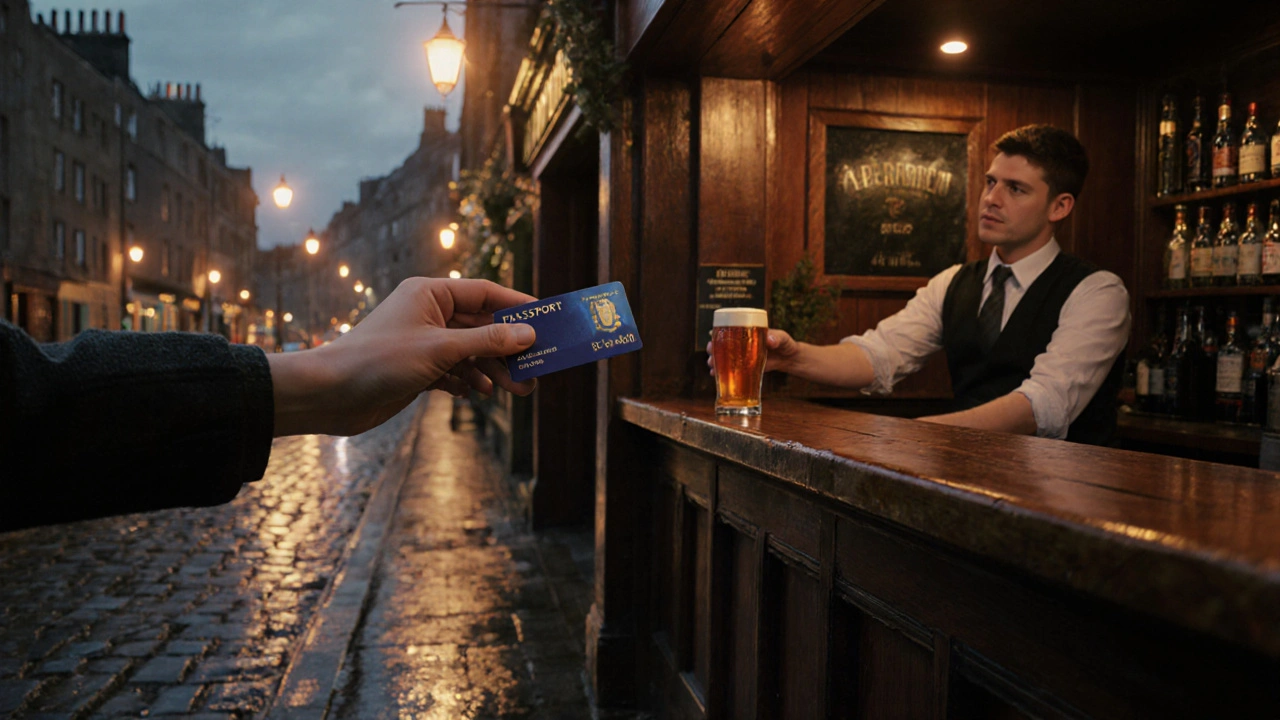Alcohol Laws Scotland: What You Need to Know
When navigating Alcohol Laws Scotland, the set of rules that control how, when, and where alcoholic drinks can be produced, sold, and consumed across the country. Also known as Scottish drinking regulations, these laws shape everything from pub opening times to the price you pay per unit of alcohol.
One of the first things people ask about is the Legal Drinking Age, the minimum age at which a person can legally purchase or consume alcohol in Scotland. In Scotland, you must be 18 to buy booze in a shop, but 16‑ or 17‑year‑olds can sip wine, beer or cider with a meal in a licensed venue when accompanied by an adult. This dual‑level approach reflects both public health goals and cultural traditions that have existed for generations.
Another core piece of the framework is Licensing Hours, the specific times that licensed premises are allowed to serve alcohol. Since the 2014 move to a uniform 10 pm curfew for most venues, many towns have seen their nightlife shift, while certain cities retain extended hours for designated “late‑night” licenses. Understanding the exact cutoff in your area helps you avoid accidental breaches and keeps the local scene humming.
Key Points That Shape Scotland’s Drinking Landscape
Beyond age and hours, Minimum Unit Pricing a policy that sets a floor price per unit of alcohol to curb excessive consumption has been a game‑changer since its rollout in 2018. By establishing a baseline cost, the rule targets cheap, high‑strength drinks that often drive health issues. Retailers must calculate the price based on the alcohol content, which means a bottle of high‑proof whisky costs a bit more than a low‑strength lager.
These three pillars—legal drinking age, licensing hours, and minimum unit pricing—are tightly linked. For example, stricter licensing hours can reduce the demand for cheap high‑strength drinks, reinforcing the public‑health aim of minimum unit pricing. Meanwhile, the legal drinking age influences who can access these products during the allowed times, creating a feedback loop that shapes overall consumption patterns.
Scotland also enforces specific rules for off‑premise sales, such as supermarkets needing a license for each outlet and strict ID checks for online orders. Transport laws forbid open containers in vehicles, and public intoxication can lead to fines under the Civic Police (Scotland) Act. All these details weave together to form a comprehensive system that balances freedom, safety, and health.
Below you’ll find a curated collection of articles that break down each aspect in plain language—whether you’re a traveler figuring out when to hit the local pubs, a business owner sorting out your license, or just curious about how Scotland keeps its drinking culture both lively and responsible. Dive in to see how these rules play out in real life and what tips you can use to stay on the right side of the law.

Scotland's Legal Drinking Age Explained
Caleb Drummond Oct 11 10Scotland's legal drinking age is 18. This article breaks down the law, enforcement, common myths, penalties, and recent policies like Minimum Unit Pricing.
More Detail